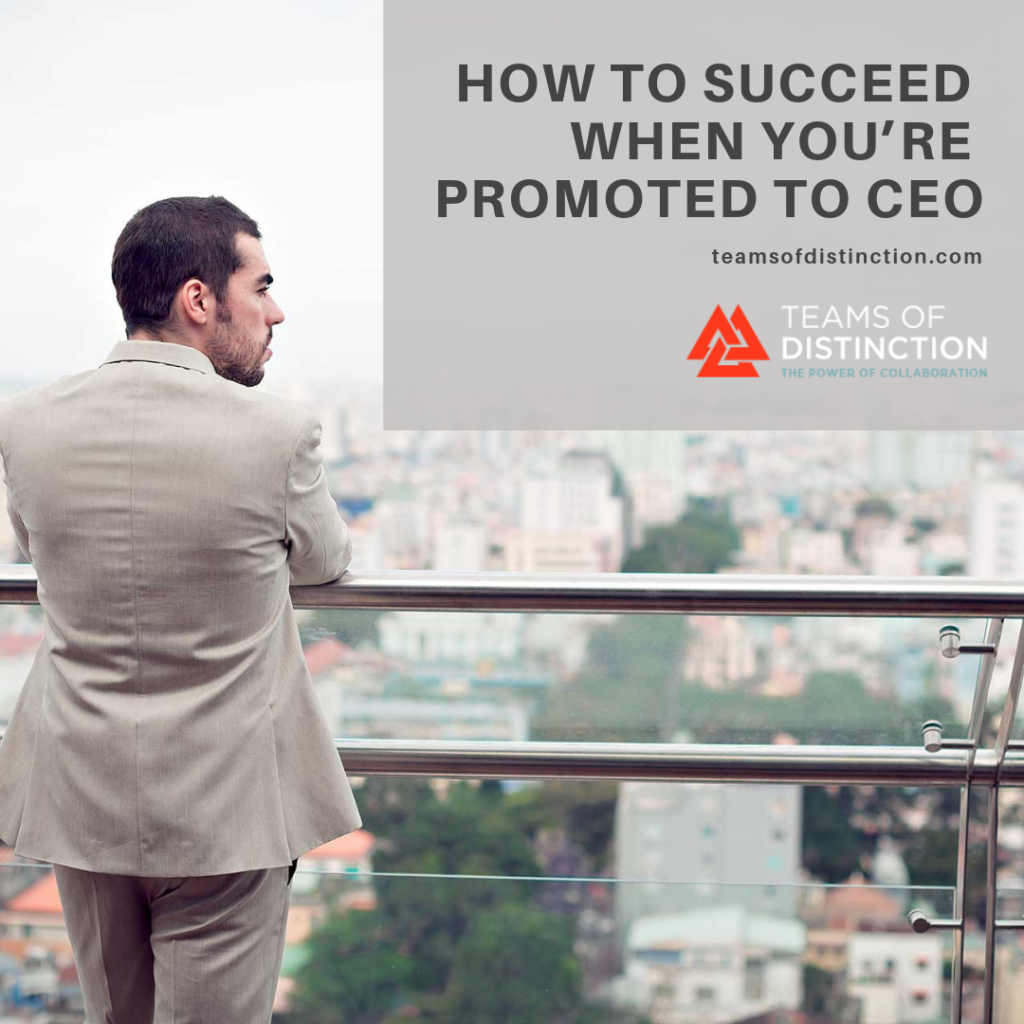 Executive leadership is not as simple as doing what you did in the last job. If it was simple, I wouldn’t see so many people over the past 15 years who were promoted to CEO and suddenly can’t perform. I have come to the conclusion that success at these top levels is very personal. Let me explain.
Executive leadership is not as simple as doing what you did in the last job. If it was simple, I wouldn’t see so many people over the past 15 years who were promoted to CEO and suddenly can’t perform. I have come to the conclusion that success at these top levels is very personal. Let me explain.
When you reach the highest levels of any organization, you’re there because you are smart and capable and can get things done. Yet there is always a strength you relied on that won’t work in your new top role.
Your strengths of quick problem solving now prevent the complete engagement of your team. Your ability to analyze situations quickly now prevents others from coming up with creative solutions to complex problems. You depended on yourself to succeed, and now are much more reliant on others for success. But, remember, for each skill that you don’t have, that you didn’t need, you now have, and now you do!
For example, Sam, CEO of a midsize technology company, called to ask for help soon after he was promoted to this new role. He has worked for this company in different roles for 6 years. He is an extroverted thinker with strong debating skills. He came up with great ideas and could then explain and defend his position to his superiors, peers, and subordinates. This combination of smarts and communication enables him to get a lot done.
When Sam brought me in to help him succeed, he said he needed his team to be more innovative in order to support growth of this business. He was so used to being THE innovator that he wasn’t quite sure how to get his team to innovate
So, he decided to begin a new innovation initiative to bring forward the best ideas for growth. He started to see that he had to get out of the way and enable the team to collaborate and innovate without his input. Through a few small adjustments to his behavior, meetings, and communication process, his team now has a huge multi-million dollar new-product initiative on track.
While the changes were small, it was not always easy for Sam. He had to let go of being the smartest person in the room. He had to use willpower to close his mouth and open his ears. He had to sit in his office on occasion when he felt like running to help his team. This all took work and personal development.
Sam is not alone. I have coached a lot of “Sams,” and still do. They get promoted because they have great ideas that they can implement, but as CEO, they need to grow and learn. Like earning your black belt in martial arts, just when you think you have arrived, you realize that you have only begun to learn. The executives who know that their weakness is the area they will now need to succeed are the ones who thrive in their new higher-level roles.